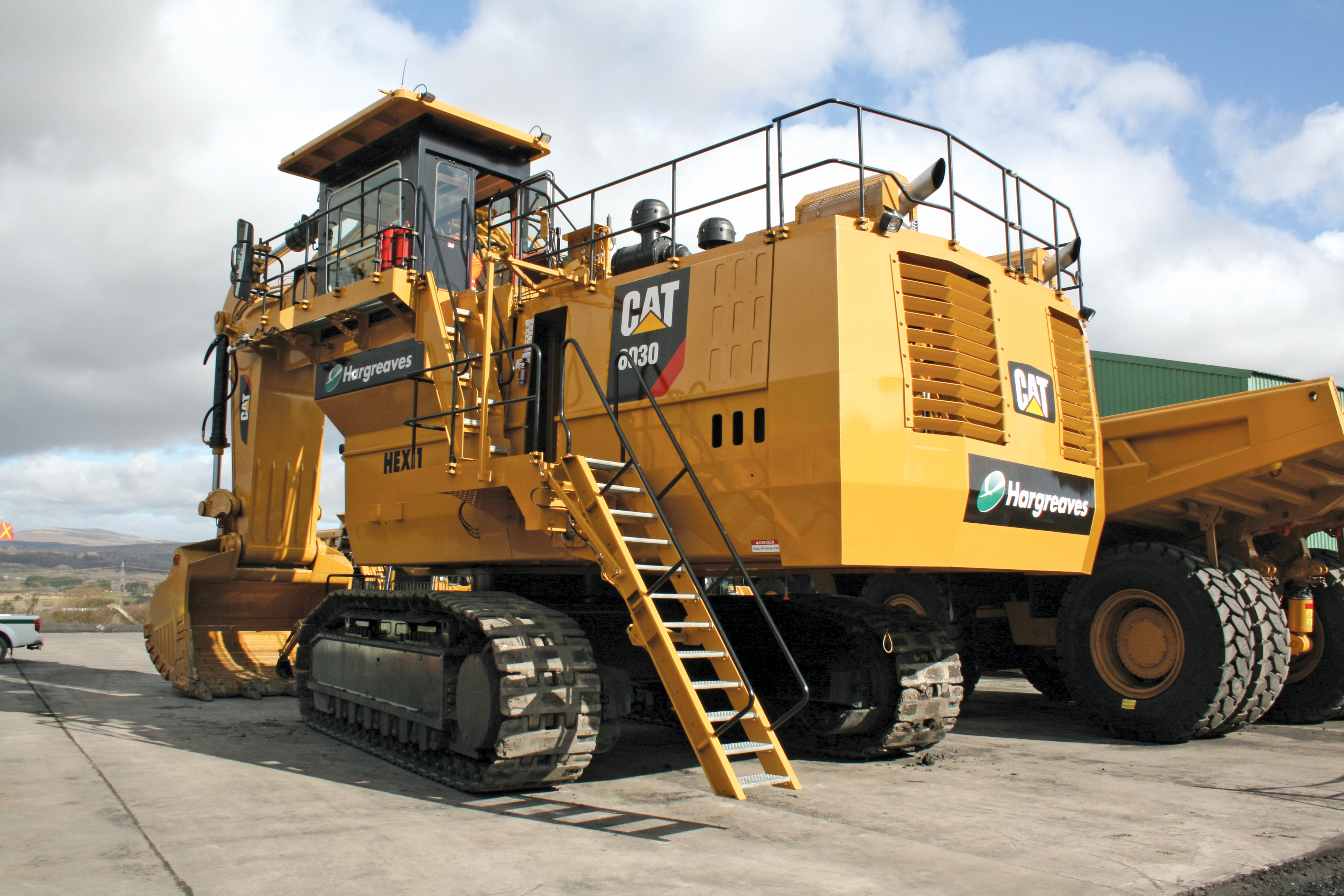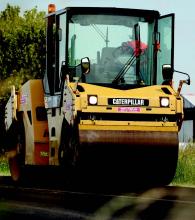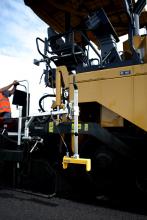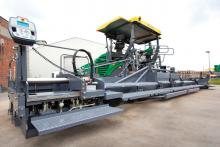A series of rural road rebuilds have improved transport connections in the Czech Republic, helping to boost connectivity and the local economy The roads around Brandýs nad Labem, some 25km to the southwest of Czech capital Prague are crucial arteries to the rural and agricultural areas of the country. An assessment by regional authorities indicated that these roads are in need of repair. That led to cold planing and paving work on a series of rural roads near Brandýs nad Labem. The regional authorities had

Caterpillar milling, paving and compaction equipment carried out a tricky road construction project in the Czech Republic
A series of rural road rebuilds have improved transport connections in the Czech Republic, helping to boost connectivity and the local economy
The roads around Brandýs nad Labem, some 25km to the southwest of Czech capital Prague are crucial arteries to the rural and agricultural areas of the country. An assessment by regional authorities indicated that these roads are in need of repair. That led to cold planing and paving work on a series of rural roads near Brandýs nad Labem.The regional authorities had two key requirements. The roads had to stay open and the work had to be completed quickly to allow traffic to resume as soon as possible. Contractor USK, located in Mladá Boleslav, was brought in to handle the work and focused on using equipment and techniques used regularly in urban applications on this rural road project. Brandýs nad Labem-Stará Boleslav is the town nearest to the roadwork and is located in the central Bohemian region. The town has a population of 15,000 and features smaller roads reaching out to the rural areas.
Work on one recently completed section was carried out in five days. The section measures 4.2km long and has a width of 6m. As half of the road was required to carry traffic while the work was ongoing, USK Mladá Boleslav needed a paver capable of working at a width of 3m. This paver also had to be capable of laying down 800tonnes of asphalt/day for five days. That meant the crew and paver had to achieve high production so a
The machine’s Mobil-Trac crawlers helped with manoeuvrability and also allowed the paver to operate on soft base materials. With this unit the crew was able to pave a 50mm thick mat at up to 8m/minute, working for a half day in one direction, then returning to the starting point and laying the second half of the road with a longitudinal joint. The high travel speed of the AP555E also helped while its 190litre fuel capacity minimised the number of refuelling stops required.
Material supplies were also important and the effective logistics helped reduce segregation of the asphalt. For the 4.2km by 6m wide road job some 4000tonnes of material was required and the deadlines for completion of the work meant that 800tonnes/day had to be laid. Each haul truck had a capacity of 30tonnes and had to travel 40km from the plant to the jobsite, with each round trip taking around 90-120minutes. This meant each truck could achieve four round trips/day so six trucks were required to ensure the paver was able to run continuously.
The mix had a stone size of 4-8mm, arrived at a temperature of 160°C and was placed at 145°C. Various techniques were used to eliminate the problem of material segregation, with each truck load covered to maintain temperature and efficient scheduling to reduce the risk of each load cooling before reaching the paver. Sensors on the spreader augers and conveyors provided the correct flow of material to the AS4252C screed, while specified compaction values were achieved using vibrating tampers on the smoothing bar. This was followed by compaction with a 12tonne Caterpillar CB534D twin drum roller.









